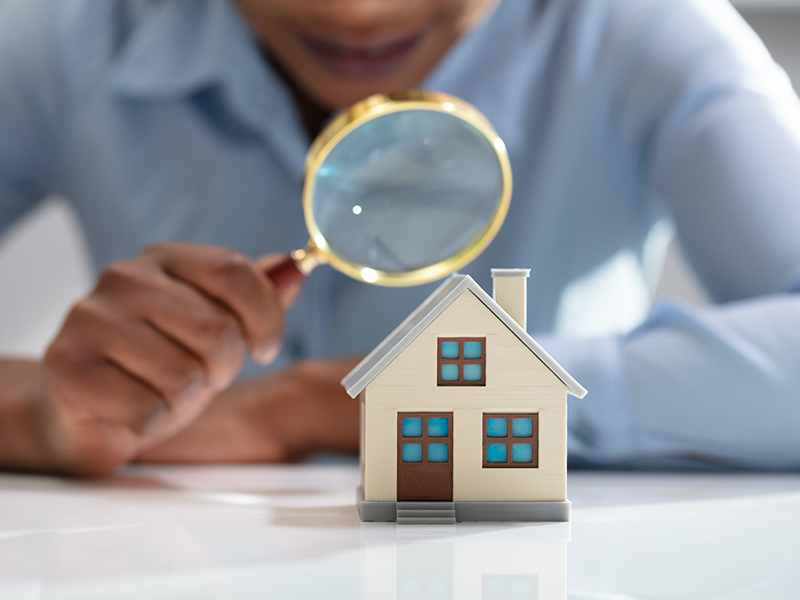Buying a home involves knowing the deal you are getting into, and this includes all the home’s flaws and the extent of repairs it may need. This is where home inspection plays a pivotal role. Through this, you learn more about the home you’re acquiring. It can uncover potential issues, defects, or flaws in the house that may not be visible from sight.
A standard home inspection normally takes two to three hours on average. With the inspector’s evaluation report stating the condition of the home and recommended repairs, a home buyer can negotiate on the sale price or ask the seller to fix the issues before sealing the deal.
A home buyer typically pays for the home inspection as it gives them protection from crucial issues that could potentially be more costly in the long run. Depending on the size and age of the property, the average cost of property inspections in Las Vegas ranges from $300-$500.
PRIORITY HOME FEATURES IN INSPECTIONS
Foundation and structural components
Be wary if the inspection report indicates foundation problems such as a leaning chimney, warped sidings, cracks in dry walls, tile floor cracks, doors and windows pulling away, or a feeling of sinking. Structural damages in the foundation are deal breakers for many home buyers because repairs for these can be too costly.
Roof
Your home inspector is expected to conduct a visual examination of your roof for signs of deterioration, leaks, missing or damaged tiles or shingles, moss growth, and any openings. The report will also indicate the status of gutters, downspouts, flashings, skylights, chimneys, and the roofing material. It can also tell you about the age, condition, repairs, and maintenance needed by the roof.
HVAC system
Conditions of a home’s heating and cooling systems, such as the thermostat, furnace, air conditioning, and ductwork are part of the inspection report. The inspector is expected to make a visual assessment for any rust or broken parts, as well as test the heating and air conditioning functions to see if these are working optimally.
Electrical
The level of safety or damage, voltage requirement, and anything else related to the electrical wiring of the home will also be evaluated by the home inspector. This includes the symmetry of the outlets and switches, evidence of water damage or corrosion on metal parts of the electrical system, and exposed electrical wires. A common issue noted in many inspections is the DIY electrical system done by homeowners that didn’t abide by the city safety code.
Upon reviewing the report, ask the inspector for their recommendation on whether the electrical problems need simple work or an entirely new rewiring, the latter of which has a hefty price tag.
Plumbing
Since plumbing is primarily about the flow of water all throughout the house, water going anywhere else other than through the pipes could cause not only structural damage but also health problems from the resulting mildew. Other plumbing issues include dripping faucets, water heater problems, and sewer line clogs. If left unnoticed, these could cost you thousands of dollars down the road.
An experienced real estate agent in Las Vegas with a network that includes professionals from affiliated industries can provide you with trustworthy recommendations of qualified home inspectors in the area. That way, you can easily make informed decisions in your home-buying transaction.
For a seamless home-buying experience in Summerlin, NV, allow me – Tammy Eden – to be your guide. Call me at 702.513.1300 or leave me a message here.



